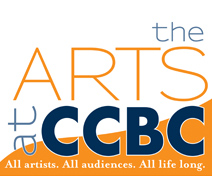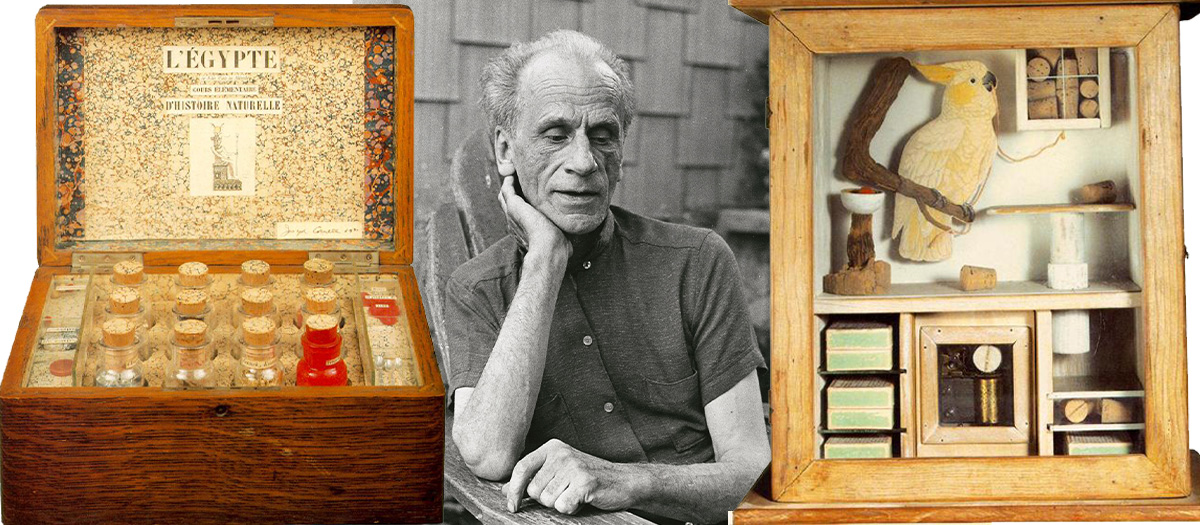American visual artist and film-maker, Joseph Cornell was born December 24, 1903, in Nyack, New York. His parents, Joseph Cornell and Helen Ten Broeck Storms Cornell, came from socially prominent families of Dutch ancestry. After his father’s death in 1917, his mother moved the family to the borough of Queens in New York City. Cornell attended Phillips Academy in Andover, Massachusetts. He reached his senior year but did not graduate and returned to live with his family. Aside from his time in Andover, he never traveled beyond the New York City area.
Cornell was an avid collector of memorabilia and developed an interest in ballet, literature, and opera while working as a woolen-goods salesman in New York. He met and admired Surrealist writers and artists at the Julien Levy Gallery and was inspired by Max Ernst’s collage-novel La Femme 100 têtes (“the hundred-headed woman” or “the headless woman”). Work as a textile designer at the Traphagen studio supported him from 1934 to 1940 where he became familiar with Marcel Duchamp’s readymades and Kurt Schwitters’s box constructions. His early constructions of found objects were shown in the group exhibition Surréalisme at the Levy gallery in 1932. Cornell’s first two solo exhibitions also took place at the Julien Levy Gallery. These featured a multitude of objects, several in shadow boxes. In 1936 he was included in the exhibition Fantastic Art, Dada, Surrealism at the Museum of Modern Art.
Cornell always held an interest in film and cinematic techniques. He made several movies and is best known for The Children’s Jury (1938), The Midnight Party (1969) and Children’s Party (1938). He also wrote film scenarios; among them, Monsieur Phot (1933) was published in 1926 in Levy’s book Surrealism. During the 1940s and 1950s he made boxes dedicated to stage and screen personalities as well as Aviary, Hotel, Observatory, and Medici boxes. Early in the 1960s he stopped making new boxes and instead began to reconstruct previously made boxes, working intensively in collage.
Joseph Cornell was a peculiar individual who made wooden boxes. He called them sketch boxes, filled with pocket watches, coiled springs, maps of the stars, thimbles, parrots, seashells, broken glass, children’s alphabet blocks, brightly colored balls, soap bubbles, whales’ teeth, and starfish, among other things. Author, Charles Mee, wondered “How would it be if those boxes could speak?” Hotel Cassiopeia is his response.
See Hotel Cassiopeia March 23 – 27 at CCBC Essex, Robert and Eleanor Romadka College Center, F. Scott Black Theatre.
Performance Dates: March 23 at 11:10 a.m., March 24, 25 at 7 p.m., March 26 at 3 p.m. (ASL Interpreted), and March 27 at 10 a.m.
General admission $10, Seniors, Students, CCBC Faculty/Staff/Alumni $5, FREE for CCBC Students with current ID
Purchase tickets online at www.ccbctickets or call the Box Office at 443-840-ARTS.
#makeartfromdayone #ccbcperformingarts #performingartsatccbc #ccbctheatre #artsatccbc

